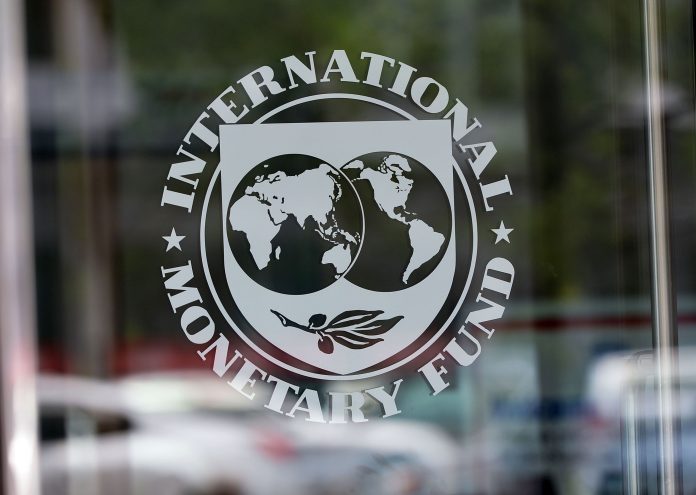Islamabad: The International Monetary Fund (IMF), in an executive board report, has said that Pakistan’s growth outlook remains favorable, but noted that policy implementation has weakened recently and macroeconomic vulnerabilities are reemerging.
It further notes that against this backdrop, Pakistani authorities must safeguard the macroeconomic gains of recent years through continued implementation of sound policies, and to continue structural reforms to achieve higher and more inclusive growth.
The IMF also encouraged the authorities to strengthen fiscal consolidation. They noted that the budget for the fiscal year 2017-18 budget aims at further gradual consolidation, albeit at a slower pace than targeted under the Fiscal Responsibility and Debt Limitation (FRDL) Act, and will likely require additional revenue measures in light of recent revenue underperformance.
IMF emphasized that sustained fiscal consolidation over the medium term, in line with the FRDL Act, is critical to strengthen economic resilience, safeguard fiscal sustainability, and limit pressures on the current account and international reserves. To this end, they recommended mobilizing additional tax revenues by broadening the tax base and strengthening tax administration; enhancing the composition of public spending by containing the wage bill’s growth, further reducing electricity subsidies, and increasing priority social spending was also endorsed.
They also recommended strengthening the national fiscal federalism framework and public debt management. They called on the authorities to allow for greater exchange rate flexibility, rather than relying on administrative measures, to help reduce external imbalances and bolster external buffers. In this regard, they welcomed the authorities’ commitment to remove, within one year, the cash margin requirement for imports of consumer goods, which constitutes an exchange restriction and multiple currency practice.
The IMF report also underscored the importance of further advancing the financial sector reforms to continue strengthening resilience and support financial deepening. They welcomed efforts to bring undercapitalised banks into regulatory compliance, further strengthen the regulatory and supervisory frameworks, address non-performing loans, and enhance the AML/CFT framework. The IMF looked forward to the operationalisation of the new deposit insurance.
IMF directors called for maintaining a strong regulatory framework in the energy sector, swiftly addressing the renewed build-up of arrears in the sector, and ensuring its financial soundness. They noted that restructuring and attracting private sector participation in public enterprises as well as improving their governance will ensure their financial viability and economic efficiency while reducing fiscal risks.



































